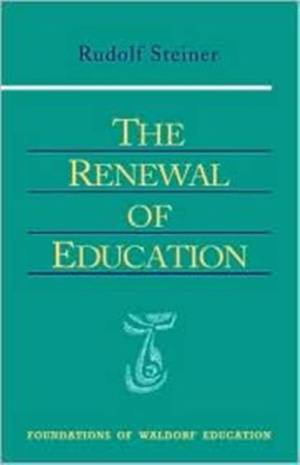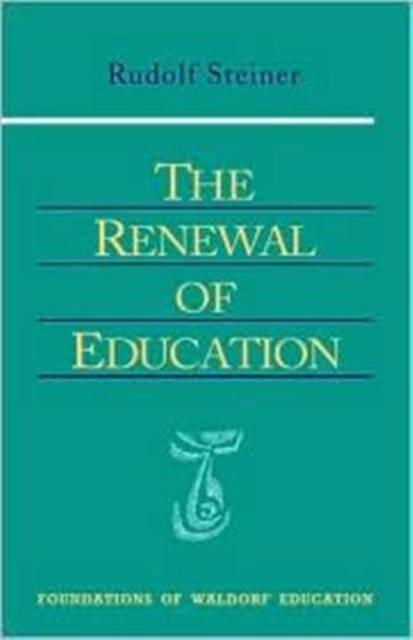
- Afhalen na 1 uur in een winkel met voorraad
- In januari gratis thuislevering in België
- Ruim aanbod met 7 miljoen producten
- Afhalen na 1 uur in een winkel met voorraad
- In januari gratis thuislevering in België
- Ruim aanbod met 7 miljoen producten
Omschrijving
14 lectures, Basel, April 20-May 16, 1920 (CW 301)
Following a lecture of November 27, 1919 requested by the Basel Department of Education, sixty members of the audience invited Rudolf Steiner to return and deliver a complete lecture course on his approach to education. These lectures are the result.
Rudolf Steiner begins by outlining the gradual development of the child with the help of spiritual forces and enlightened educational practices, which form the basis for Steiner's approach to education. He describes the problems that modern educators face and provides practical solutions. Steiner explains the effects of morality on real freedom and how the development of a child's will leads to a free, flexible ability to think. He describes the life-long effects that teachers have on children through the ways they teach in the early grades.
The subjects of these lectures cover a broad range, from the threefold nature of the human being to the teacher's responsibility toward their students' future; from arts such as music and eurythmy to the problems involved in training teachers; from zoology and botany to language, geography, and history. Like many of Steiner's lectures to public audiences, these are accessible and practical and provide a real overview to his ideas for renewing modern education.
This book is a translation of tge German edition, Die Erneuerung der pädagogisch-didaktischen Kunst durch Geisteswissenschaft, Rudolf Steiner-Nachlassverwaltung, 1977.
Specificaties
Betrokkenen
- Auteur(s):
- Vertaler(s):
- Uitgeverij:
Inhoud
- Aantal bladzijden:
- 224
- Taal:
- Engels
- Reeks:
- Reeksnummer:
- nr. 9
Eigenschappen
- Productcode (EAN):
- 9780880104555
- Verschijningsdatum:
- 11/01/2002
- Uitvoering:
- Paperback
- Formaat:
- Trade paperback (VS)
- Afmetingen:
- 144 mm x 216 mm
- Gewicht:
- 403 g

Alleen bij Standaard Boekhandel
Beoordelingen
We publiceren alleen reviews die voldoen aan de voorwaarden voor reviews. Bekijk onze voorwaarden voor reviews.









